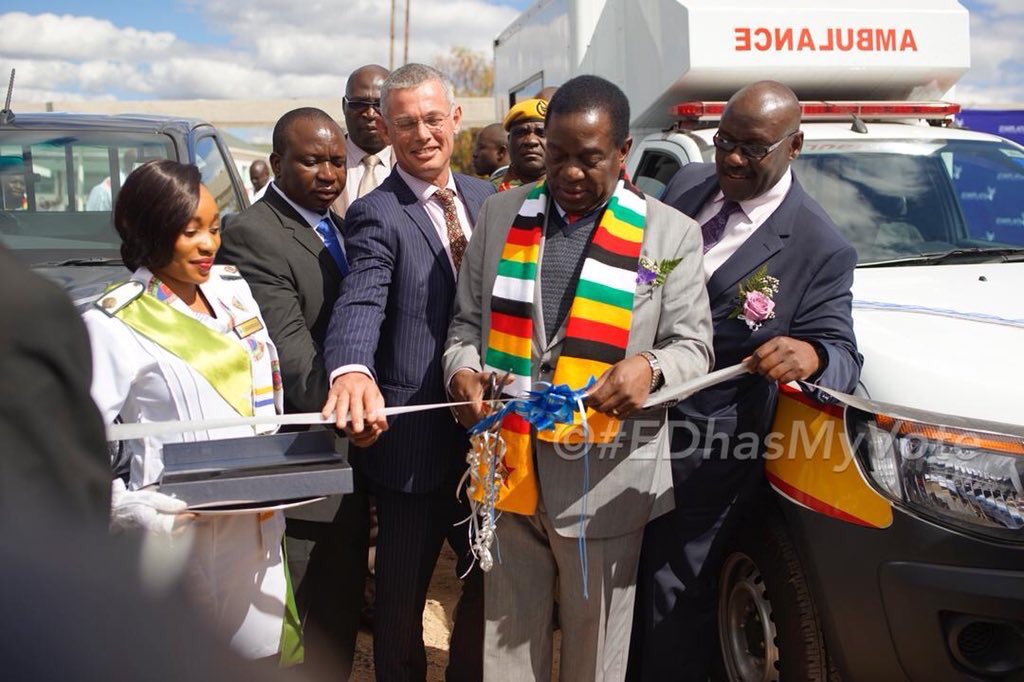Zimbabweans have been in need of decent jobs for many years. The vision brought by the 2nd Republic should be clear in ensuring that Government pursues the vision 2030 in which the country must be transformed into a middle income economy abundant with job opportunities.
Speaking recently at the National Shrine where the National Heroine, Cde Thokozile Angela Mathuthu, was laid to rest, President Emmerson Mnangagwa mentioned that Zimbabwe was beginning the journey towards economic growth and prosperity, and that all Zimbabweans should uphold the values of patriotism, unity, peace, love and harmony. Through hard work and service to the nation the country should be on a positive path to recovery.
Presently, Government has been making robust economic interventions which should see the country advancing towards the vision 2030. Some of these economic interventions include the implementation of the constitutional requirements of devolution in the running of nation’s affairs.
Devolution/decentralization as an economic strategy has the potential to rebuild the economy through industrialization and modernisation at provincial level, which in turn should feed into national development.
Youths have been most affected by the non-performing economy and they should be rest assured of a better life and increased job opportunities. Zimbabwean youths must be involved in the devolved economic development programme since it has been formulated to benefit them.
Forwarding the same initiative, Government has also adopted the 38th SADC Summit theme: “Promoting Infrastructure Development and Youth Empowerment for Sustainable Development.” In cognisance of the SADC theme, Government through the leadership of President Emmerson Mnangagwa has dedicated itself to catapult the development of quality infrastructure and harness the unused potential in Zimbabwean youths.
Government has already made headway on this front with the revival of National Railways of Zimbabwe (NRZ) which was necessitated by Governments’ need to turn around its operations since the organisation had been previously mismanaged. NRZ turn around came during the New Dispensation era which saw it being extended a $400 million recapitalisation facility by the Diaspora Infrastructure Development Group (DIDG) and Transnet from South Africa.
NRZ has since started putting in place railway sleepers in Gweru and also in an effort to speed up the revival of NRZ to create jobs; Government oversaw the $10 million recapitalisation of a Gweru based company Fort Concrete by Aveng Infraset of South Africa and the Diaspora Infrastructure Development Group (DIDG).
Fort Concrete manufactures concrete products such as railway sleepers and culverts. The recapitalisation of Fort Concrete should ensure that NRZ has a continuous supply of required concrete products during the process of its rehabilitation.
Government has also embarked on the process of road rehabilitation; this shows the seriousness which President Mnangagwa has on rebuilding the nation. Government in this light has acquired road equipment worth millions of dollars under its recapitalisation programme which has directly resulted in progressive work being done on most impassable roads across the country.
As the country steps towards for a brighter future, Zimbabweans should embrace the positive initiatives Government has since started putting in place which will lead to economic turnaround.




